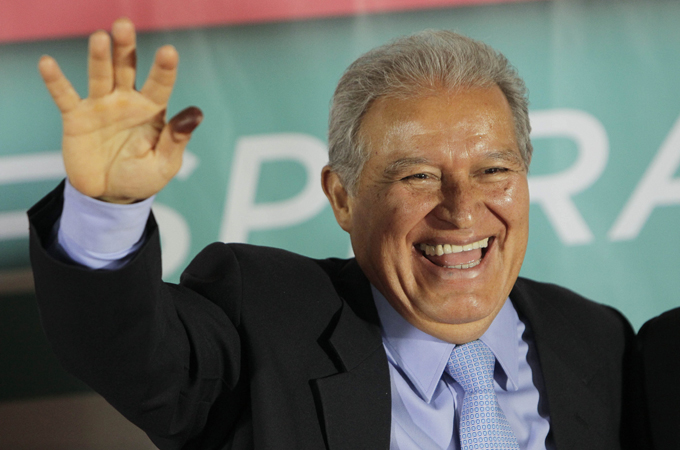By Brandon R. Cottrell
Impunity Watch Reporter, North America
WASHINGTON, D.C., United States – President Barack Obama has proposed changes to the National Security Agency (“NSA”), which would end its ability to collect telephone records in bulk in an attempt to eliminate concerns regarding bulk data collection.
The plan, according to a senior administration official, would ensure that the government will no longer be able to collect or hold metadata—such data includes the numbers and time of phone calls but not the content of the conversation. His plan would, however, attempt to retain “as many [other] capabilities of the program as possible.”
The plan would also still ensure “that the government has access to the information it needs to meet the national security needs.” Though the NSA would not being storing the information, it would have access to the records that telecommunications companies will keep. In order to obtain access to those records, the NSA would need to obtain a court order from the Foreign Intelligence Surveillance Court
Marc Rotenberg, an executive director of the Electronic Privacy Information Center, thinks that the proposal is a “sensible outcome, given that the 215 program likely exceeded current legal authority and has not proved to be effective.” The 215 program that Rotenberg refers to is a program that was put in place by the Bush administration in 2006, which was interpreted to mean that the NSA could systematically collect domestic calling records in bulk.
Jameel Jaffer, of the American Civil Liberties Union, agrees with Rotenburg and added, “the government can track suspected terrorists without placing millions of people under permanent surveillance.” He points to the government’s inability to point to a thwarted terrorist attack to bolster his statement.
A competing proposal by the House Intelligence Committee, however, though aimed at ending the bulk collection of data, would allow the NSA to search the data collected by the telecommunications companies so long as they had a reasonable articulable suspicion; it would not require approval of a judge.
According to a White House statement released last week, Obama maintained that his administration is committed “to taking steps that can give people greater confidence that their rights are being protected while preserving important tools that keep us safe.” In addition, the Obama administration will also consider ending or modifying other bulk collection programs.
For further information, please see:
CNN – Obama, Congress, Working on Changes to NSA – 25/3/14
The Guardian – House’s NSA Bill Could Allow More Spying – 25/3/14
NY Times – Obama to Call for End to NSA’s Bulk Data Collection – 24/3/14
Reuters – Obama to Propose Ending NSA Bulk Collection of Phone Records – 25/3/14



